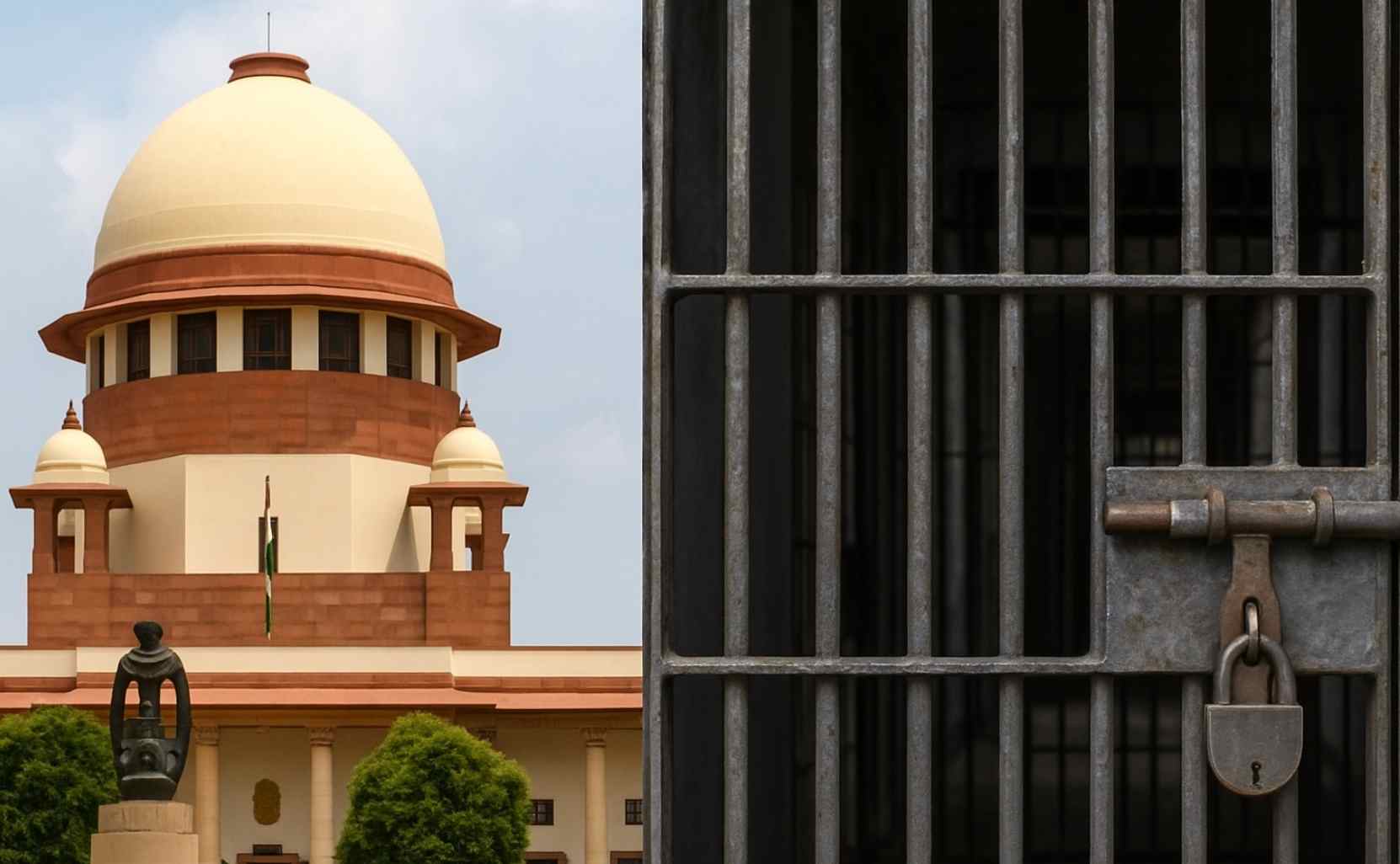The Supreme Court has sternly denounced the misuse of legal process where an appeal was filed on behalf of a convict without her express consent under a NALSA scheme.
A Division Bench comprising Justice Pankaj Mithal and Justice Prasanna B Varale ruled that the filing of a special leave petition (SLP) in such a manner amounted to an abuse of the court’s procedure and lacked any justification for the inordinate delay.
The case arose from a 2018 judgment of the Punjab and Haryana High Court, where the appeal had been filed after an extraordinary delay of 2,298 days.
The Court observed that the filing was done purely in compliance with a National Legal Services Authority (NALSA) initiative aimed at ensuring free legal aid to prisoners, but crucially, without the convict’s willingness or instructions.
Court’s Observations on Misuse of Legal Process
The Bench underscored that legal aid cannot override the individual’s autonomy in deciding whether or not to pursue an appeal. It noted that the petitioner had never expressed any intent to approach the Supreme Court, and that the filing merely because of administrative directions under a NALSA programme was impermissible.
Quoting from the order, the Court stated:
“As the petitioner never expressed any desire to file a special leave petition before this Court, the filing of the petition only in view of the NALSA programme is a misuse of process, and the delay in filing remains unexplained.”
The Court further held that the Superintendent of Central Jail, Kapurthala, had filed an affidavit confirming that the convict did not instruct any counsel to prefer an appeal. The filing, therefore, lacked both consent and legal justification.
NALSA’s Legal Aid Framework and Its Scope
The Accessing Justice to Convicts in Prisons through Legal Services initiative, implemented under the Legal Services Authorities Act, 1987, seeks to ensure that prisoners across India receive effective legal representation.
With more than 1,100 Legal Services Clinics operating within jails, panel advocates and para-legal volunteers provide crucial support to convicts in navigating appeal procedures, parole, and remission processes.
However, the Supreme Court made it clear that while NALSA’s role in facilitating access to justice is vital, legal aid cannot become a tool for mechanical litigation or misuse of legal process. The right to free legal aid must operate within the bounds of consent and intent of the individual concerned.
Outcome of the Case
Finding no merit in the explanation for the 2,298-day delay, and considering the lack of authorization from the convict, the Supreme Court dismissed the appeal.
The Court reiterated that the misuse of legal process not only burdens the judicial system but also undermines the very spirit of legal aid initiatives meant to protect, not exploit, the rights of convicts.
Case Details
- Case Title: [Unnamed Petitioner] v. State (arising from Punjab and Haryana High Court judgment, 2018)
- Bench: Justice Pankaj Mithal and Justice Prasanna B Varale
- Scheme Involved: National Legal Services Authority (NALSA) – Accessing Justice to Convicts in Prisons
- Delay: 2,298 Days
- Issue: Filing of appeal without convict’s consent
- Finding: Misuse of legal process; appeal dismissed
Follow The Legal QnA For More Updates…















